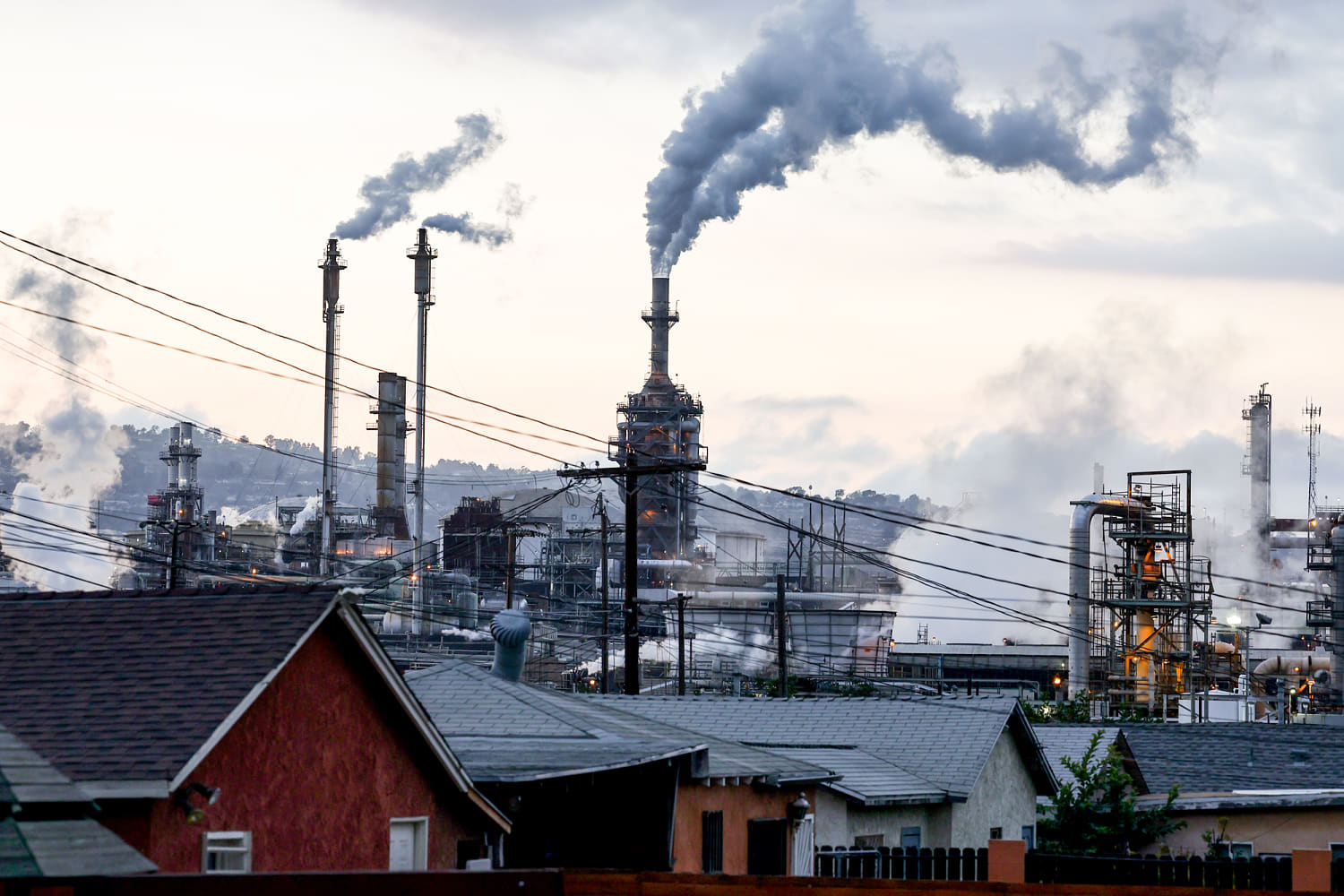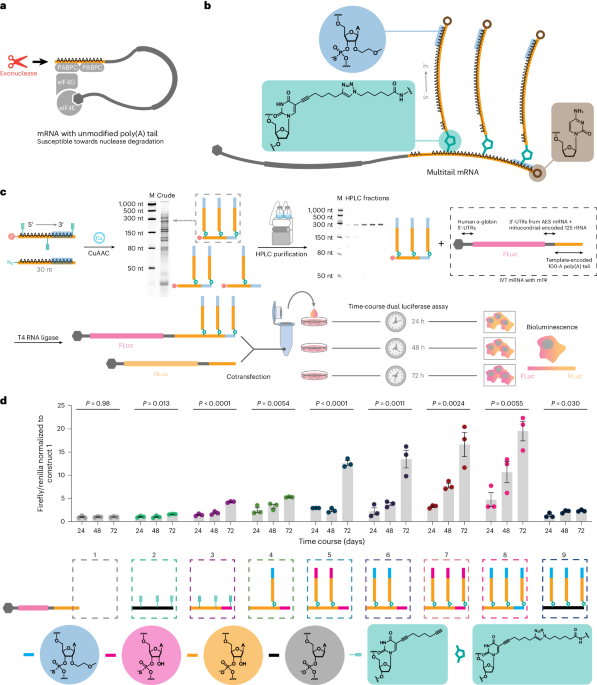[ad_1]

Companies will have to start telling the public about how climate change could hit their bottom lines — just not with as much detail as some had hoped.
The Securities and Exchange Commission on Wednesday voted to approve new climate risk disclosure rules, a significant shift that will require many companies to include information about their emissions along with the other material risks that U.S. businesses must detail to the public.
The rules, some climate advocates say, were watered down after they faced scrutiny from some business leaders. But others say they could still mark a moment of awakening for investors to the financial risks of climate change.
The new rules, which was approved by commissioners in a 3-2 vote, will require large public companies to disclose some aspects of their carbon footprints and also lay out for investors how climate change could put aspects of their businesses at risk. In comparison to earlier draft versions of the rules, the finalized rules will require fewer businesses to comply and also won’t require most indirect carbon emissions to be disclosed.
Some large companies already voluntarily publish such information. The new rules could help reduce greenwashing, provide a common standard for disclosures and force large companies to be more transparent, said Cynthia Hanawalt, the director of climate finance and regulation at Columbia University’s Sabin Center for Climate Change Law.
The rules add to an ongoing shift in how climate change is viewed in the business world. What was once considered an abstract question of science or a threat in the future is now acknowledged by the regulator and the broader business community.
“For some years, climate change was thought of as a moral and social issue, and it’s really in the last decade that it’s become clear how much economic impact and financial risk there is to climate change,” Hanawalt said, adding that the rule “is certainly a huge step forward in standardizing this information for investors and requiring a lot more transparency around the risks they’re facing.”
The new rules were proposed in March 2022. They’ve been a lightning rod for the SEC, which said it received more than 24,000 comment letters to wade through before making a final decision.
The final version of the rule was significantly weakened from the initial draft. It no longer requires businesses to disclose Scope 3 emissions, which describe indirect emissions like the greenhouse gasses produced to acquire raw materials from a supplier or the emissions created during a product’s end use. That means an automaker would not have to disclose the carbon cost of the steel it purchased from a contractor, nor the emissions a car could be expected to create during its lifetime of driving.
The final version of the rule also limits which companies need to disclose their Scope 1 and 2 emissions, which describe the greenhouse gasses produced directly by a company and those that are typically associated with energy use.
Only large companies — with at least $75 million of value in the hands of public investors — will have to disclose this information as the new rules are phased in, according to an SEC fact sheet.
For some companies, Scope 3 emissions might represent as much as 90% of their total emissions footprint, according to the finance information company S&P Global.
For that type of company, “you won’t get the full risk picture,” Hanawalt said. “This is acutely true of the fossil fuel industry, but also sectors like agriculture or cement.”
Still, Hanawalt said the rule would set a new tone for climate risk disclosure in markets across the world.
“It will affect some of the largest companies doing business in the U.S. and set expectations for global capital markets,” she said.
In an interview with CNBC, SEC Chair Gary Gensler said the new disclosures will help ensure that public companies are managing their climate targets and emissions goals.
“I think it will help limit and guard against greenwashing,” Gensler said.
The new rules will likely face legal and political challenges from groups that want more toothsome disclosure requirements and those who oppose this type of regulation altogether.
In a statement, Sen. Tim Scott, R-S.C., called the SEC’s rule as “federal overreach at its worst” and said he would “fight the rule” using the Congressional Review Act.
The Sierra Club said in a statement that it was “considering challenging the SEC’s arbitrary removal of key provisions from the final rule.”
Hanawalt said it could take years for legal challenges to play out.
“The SEC was grappling with litigation risk as it worked on finalizing this rule,” Hanawalt said. “We’re likely to see litigation from both sides and we’re likely to see litigation in multiple courts. It will be a complicated court process over a few years.”
Maqvi News #Maqvi #Maqvinews #Maqvi_news #Maqvi#News #info@maqvi.com
[ad_2]
Source link

















































